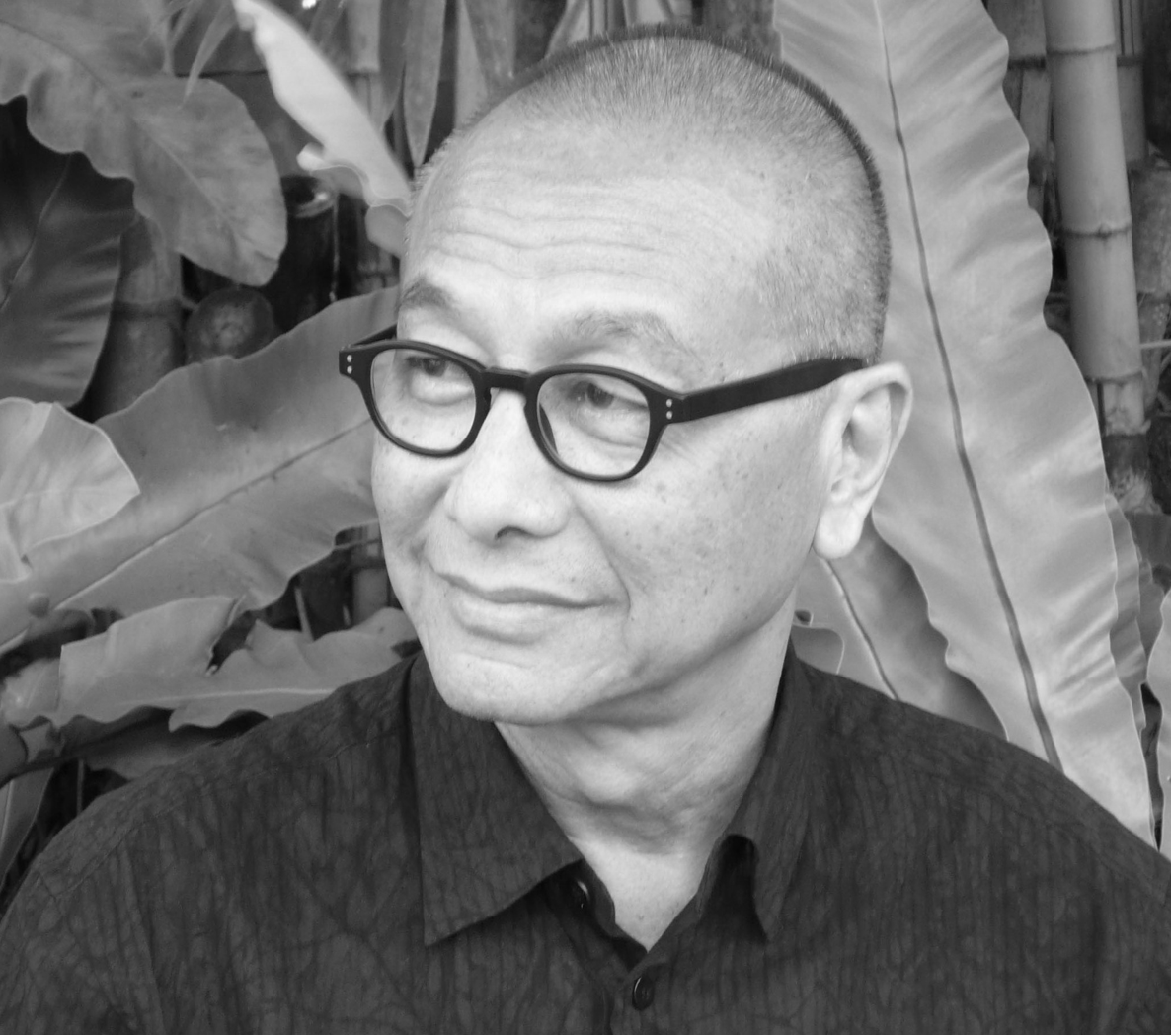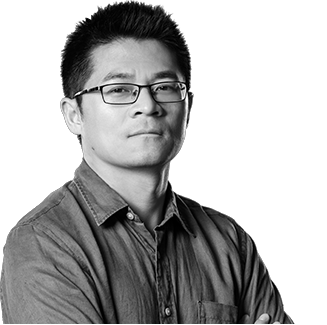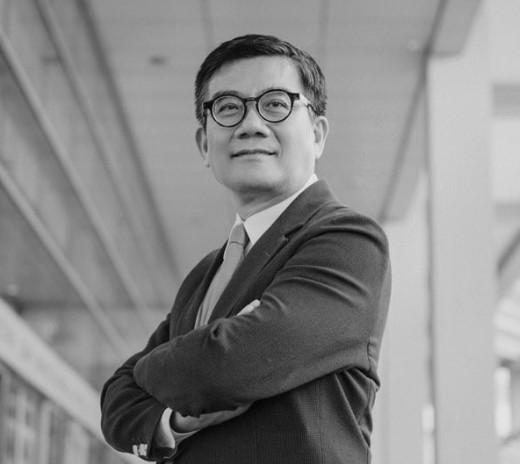
Ar. Theodore EC Chan
Ar. Theodore EC Chan is a Senior Director at CIAP Architects Pte Ltd where he was instrumental in the design and implementation team of several award-winning healthcare project – Mt Elizabeth Novena Hospital, NUHS Medical Centre and Yishun Community Hospital.
Prior to joining CIAP Architects in 2000, he had 11 years of experience in multiple architectural firms – IVS Richard Yim Architects, Tangguanbee Architects and SAA Partnership Architects. He was directly involved in significant projects which included The Picture House (Cinema Complex), Bungalow Houses at Mountbatten Road (SIA Awards 1992, Honourable Mention Award), World Trade Centre Harbour Pavilion (SIA Design Award), Hotel Rendezvous (URA Conservation Award) and Jalan Besar Stadium (Structural Steel Society Design Award).
Mr Chan served as President of Singapore Institute of Architects (2012-2015) where he developed the curriculum for the Architectural Practice Course (Board of Architects and Singapore Institute of Architects) and the National Competency Standards for Architectural Practice (Workforce Development Agency).
He also serves on several key industry panels; Board of Architects (Education Review & Accreditation Panel), BCA Green Building Master Plan Advisory Committee, URA Conservation Advisory Committee, Peoples Association Development Committee and Land Transport Authority (MRT Development Architectural Design Review Panel).
From 2004 to 2008, he taught as Adjunct Architecture Studio Master at the Department of Architecture, School of Design & Environment (National University of Singapore). He currently serves on guest critique panels at Department of Architecture (National University of Singapore) and Architectural and Sustainable Design Pillar (Singapore University of Technology and Design).

Ar. Chan Sau Yan, Sonny
Ar. Chan Sau Yan, Sonny experience encompasses a wide range of projects regionally and internationally.
His practice, CSYA was founded in 1993 after 29 years of practice as a Senior Partner with Kumpulan Akitek.
He has also been an external tutor, examiner and adjunct associate professor in the School of Architecture NUS, an external critic with Universiti Malaya and serving in government institutions.
He has received several architectural awards for design distinction and was Designer of the Year in the President’s Design Award 2011.
In 2013, he published his monograph, ‘Green Ink on an Envelope’, documenting his architectural journey over 5 decades.

He Zhe
Originally from Jinhua, China, He Zhe is a registered architect in China. He has a Bachelor in Architecture and received his Master of Urbanism from Xi’an University of Architecture and Technology.
Beijing-based People’s Architecture Office (PAO) / People’s Industrial Design Office (PIDO) was founded by He Zhe, James Shen and Zang Feng in 2010, and consists of an international, multi-disciplinary team of architects, engineers, product designers and urbanists. The office is located in an historic courtyard house in the center of Beijing and functions as a laboratory for observation, testing, and building.
PAO aims to be conceptually accessible and culturally pragmatic. PAO’s work is always socially motivated. With the belief that design is for the masses the studio focuses on social impact through design. PAO is the first architecture practice in Asia certified as a B-Corporation and serves as a model for social entrepreneurship.
PAO’s projects include the headquarters for 21cake in Beijing, the River Heights Pavilion, and the Tricycle House.
The studio has been honored with international awards including multiple Architizer A+ Awards and Red Dot Awards as well as the World Architecture Festival Award.

Professor Puay-peng Ho
Professor Puay-peng Ho is currently Head of Department of Architecture, School of Design and Environment, National University of Singapore. Prior to joining NUS, Ho was Professor of Architecture and served as Director of School of Architecture and University Dean of Students at The Chinese University of Hong Kong. He received Master of Art in Architectural Studies (First Class Honours) and Diploma of Architecture from the University of Edinburgh, and practiced architecture in Edinburgh and Singapore. Subsequently, Puay-peng Ho took up PhD research at the School of Oriental and African Studies at the University of London.
In the last 25 years, Puay-peng Ho researched and published in the areas of Buddhist art and architecture, Chinese architectural history, vernacular architecture and history of modern architecture in China and Hong Kong. He was conservation consultant, architect and adviser to some 100 conservation projects in Hong Kong, ranging from PMQ, Haw Par Villa, Comix Homebase, Oil Street Art Space, Court of Final Appeal, Former French Mission Building to New Campus for Chicago University Booth School. Puay-peng Ho was also appointed to many public and private boards and committee, including as Chairman of the Lord Wilson Heritage Trust, member of Town Planning Board, Antiquities Advisory Board, Housing Authority. He was appointed Justice of the Peace by Hong Kong SAR Government. Currently, Professor Ho is appointed as a Patron of International Dunhuang Project, British Library.

Bige Tunçer
Bige Tunçer is an associate professor of design computation and the associate head of pillar at the Architecture and Sustainable Design Pillar of Singapore University of Technology and Design (SUTD). At SUTD, she founded the Informed Design Lab. The lab’s research focuses on data collection, information and knowledge modeling and visualization, for informed architectural and urban design.
She received her PhD in Architecture (design informatics) from Delft University of Technology (TU Delft), her MSc (computational design) from Carnegie Mellon University, and her BArch from Middle East Technical University. She was an assistant professor at TU Delft, a visiting professor at the Chair of Information Architecture at ETH Zurich, a visiting professor at the Computer Engineering Department of University of Pavia, Italy, and a visiting scholar at MIT.
Her research interests include evidence based design, big data informed urban design, and design thinking. She leads and participates in various research projects in evidence informed design. She currently leads a number of large multi-disciplinary research projects. One is the National Science Experiment, an IoT project. Another one, Sustainable Urban Living – Livable Places, investigates multi-modal data collection on user and usage information of public spaces and develops a design support system for the adaptive redesign of public spaces. She is also a principal investigator in the Future Cities Laboratory 2 Program of Singapore ETH Center.
She has taught many design computation and studio courses to undergraduate and graduate students. Currently she leads and teaches Capstone, which is a course where student groups from various engineering directions and architecture work together on industry defined and funded design projects and develop design prototypes.